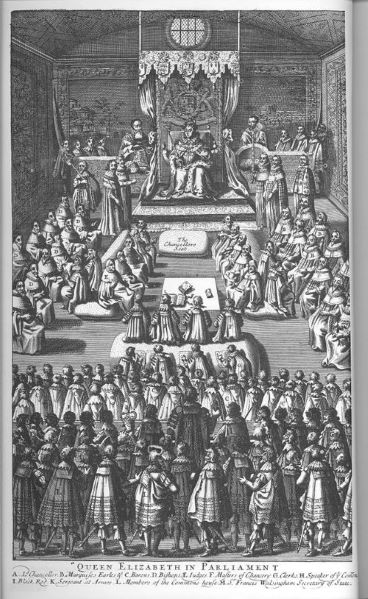James Fisher
The best introductions are fashionably late and retrospective, right?
I began my 3-year project researching pauper apprenticeships in the summer of 2020, which will contribute to a key strand of the FORMSofLABOUR project examining the relationship between freedom and different forms of work in early modern England. This is the first in a short series of posts to introduce the topic, share some provisional research, and explore a few puzzling features.
Here I will provide a brief sketch of the overall approach and intervention into current historiography, before illustrating this with a closer look at the statutory origins of pauper apprenticeships.
A Distinct Form of Labour
The basic approach is to investigate pauper apprenticeships as a device of labour regulation as well as poor relief. As a key provision in the consolidated Poor Law of 1601, the apprenticing of poor children by parish officers has overwhelmingly been studied as a response to and way of managing poverty. But this framework is too limited.
Firstly, its distinctiveness as a form of work – as compulsory, unpaid, long-term service in another’s household, for both girls and boys – has rarely been addressed in any depth. The working lives of pauper apprentices has mostly been considered from a humanitarian perspective concerned with the treatment of the child in terms of abuse by masters or miserable living conditions. This project seeks greater understanding of the structural condition that left children vulnerable to potential abuse, namely their lack of freedom as workers. Continue reading

